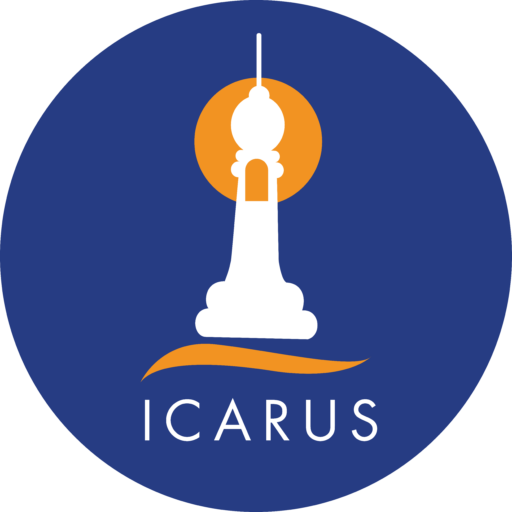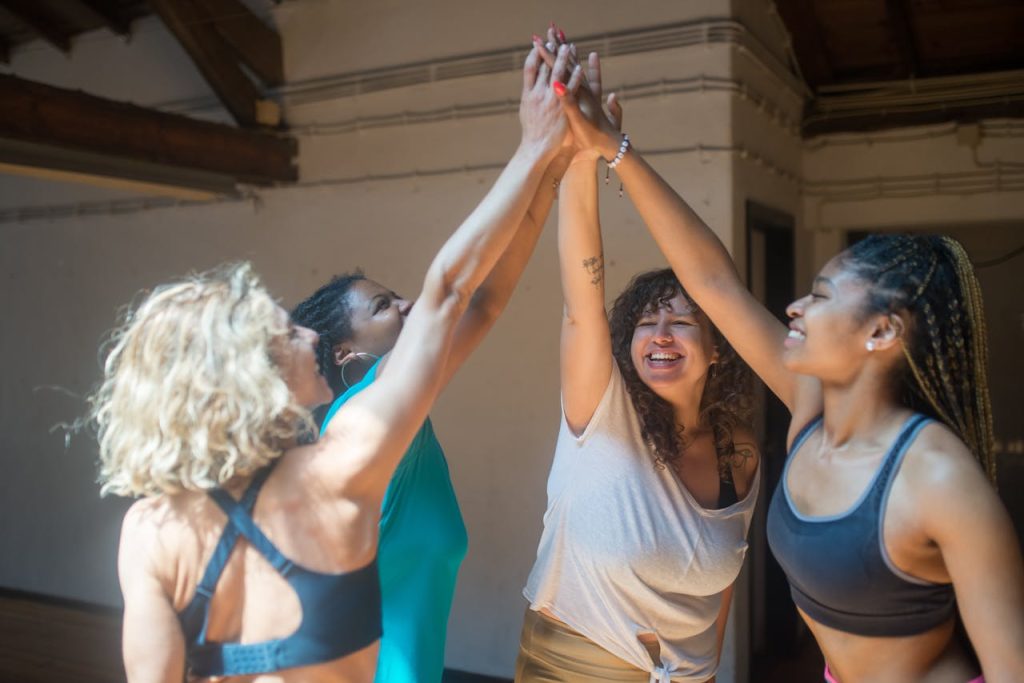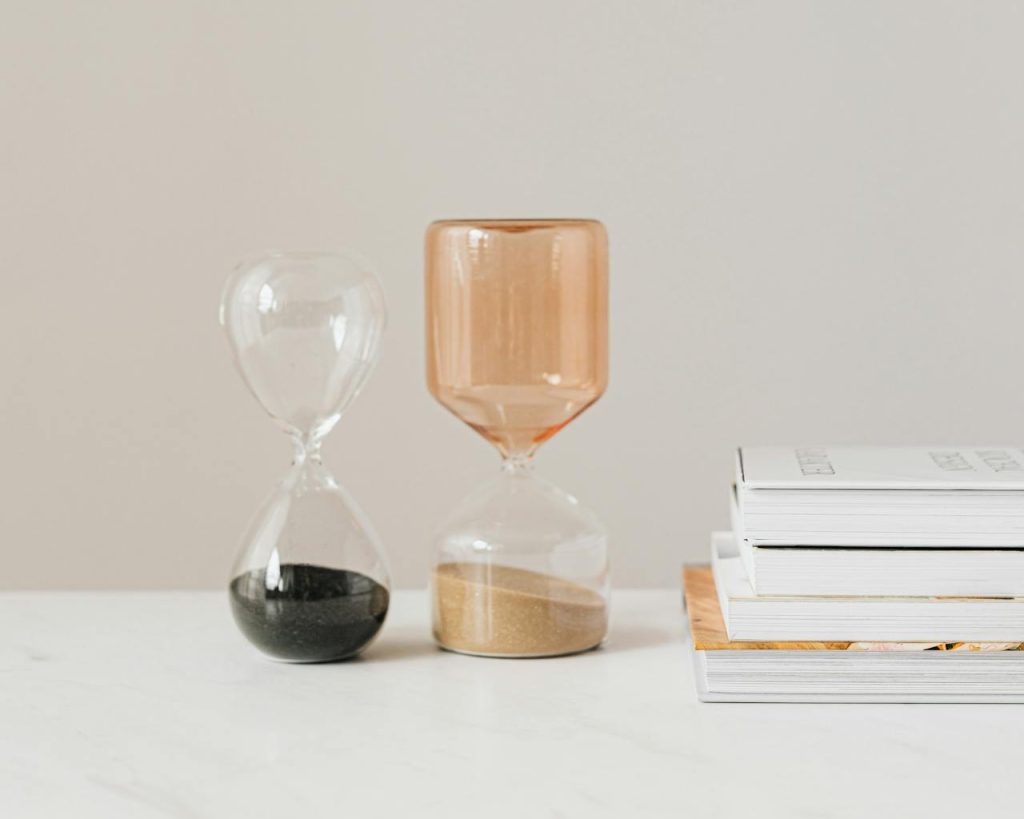The virtuous circle is a process which, following a favourable external event, induces an improvement on related activities.
The opportunity to learn, collaborate and experiment in prison is a favourable event that produces a positive feedback on other important activities and generates positive effects for the individual and the community.
What does this mean? It means that educational projects within places of detention represent, if they are well designed and implemented, an opportunity of redemption for prisoners, a lever that brings out hidden or underestimated skills, competences and abilities that help facilitate their entry into the world of work.
Consequently, the likelihood of reoffending decreases.
Consequently, the level of social security improves.
An ex-convict who works is less likely to re-offend than an ex-convict who, once released from prison, re-enters delinquent environments without even assuming that he or she has the right skills to enter the labour market.
Each educational project in prison is, like the Icarus Project, a drop that lubricates and sets in motion the gears of this virtuous circle.
In the Project Icarus – Including Chess As a Re-education Up-Skilling tool (No. 2023-1-IT02-KA220-ADU-000152409) trainers and chess players from three European countries, Italy, Spain and Latvia, laid bare their incompetences and, at the same time, made their skills available. One learned from the other: the chess players from the trainers and vice versa.
The result was the creation of a Self-Development Toolkit based on an innovative mixed methodology, combining the game of chess with metacognitive development activities.
Chess is a complex game, so complex that it takes years to play well. But the aim of Icarus was not to turn inmates into chess champions, but to make the chessboard a sort of training gym to help ‘those who live inside’ to become more mature, aware and fit for ‘living outside’.
Chess is a metaphor for life through which it is possible to experience, without having to pay the price of the consequences of mistakes, competition and collaboration, anger and understanding, empathy and antipathy.
One literally brings into play strategic skills, mnemonic abilities, the ability to manage emotions and to exercise the virtue of patience or temperance.
One learns to interpret one’s opponent’s emotions and behave accordingly, one learns to reflect and ponder before acting, to imagine the aftermath and to assess which direction to take.
You learn to recognise roles, power dynamics and understand how the strength of a king is not always superior to that of a pawn, on the chessboard and also in real life. One’s own limits emerge along with hidden abilities, which have remained silent for perhaps too long.
All this and much more is the aim of Icarus, which works on the development of 5 meta-competences: Self-control, Self-awareness, Motivation, Social skills, Empathy through a Self-development Toolkit that will be used by teachers and trainers both in prisons and in other institutions and organisations.
In order to facilitate work placements for prisoners, there is a need to continue to invest in projects that have educational and social effects together with the ability to improve life inside the prison.
Prison life is a reality that the outside world with its frenzy, distractions and habits tends to ignore and not conceive of as an integral part of all our lives.
Authored by: SKILL UP







